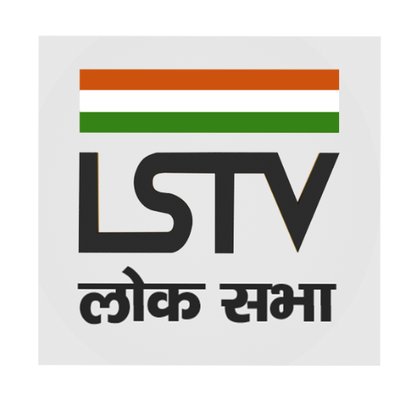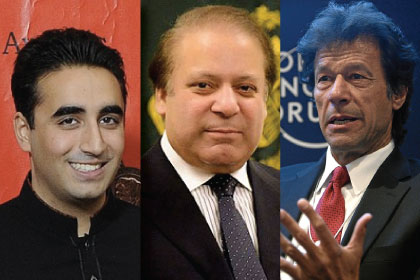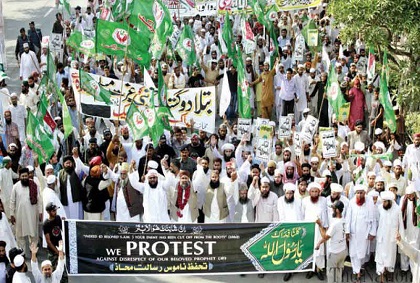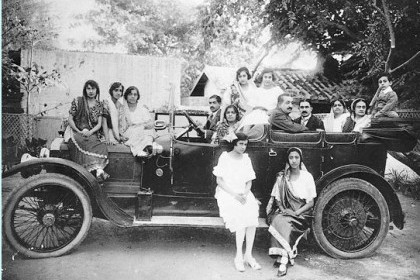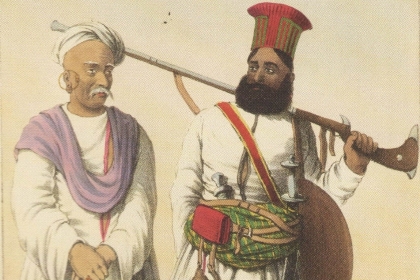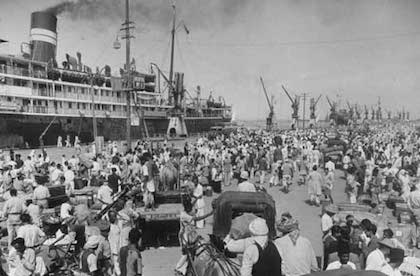Global Review: Pakistan Elections, BRICS Summit
Our Distinguished Fellow in Foreign Policy Studies, Amb. Rajiv Bhatia, was a guest on Lok Sabha TV’s ‘Global Review’ hosted by Sachin Chaturvedi, discussing recent elections in Pakistan as well as the BRICS Summit. Watch the full programme here.

